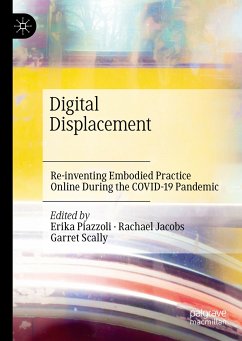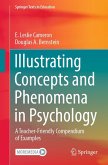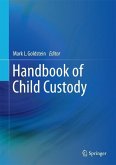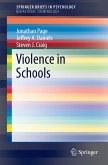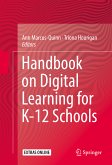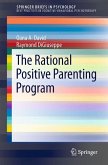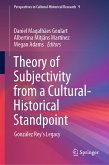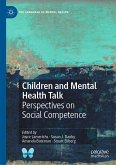This book conceptualises the novel notion of 'digital displacement': the sudden pivoting to online technology in education caused by the Covid-19 pandemic. The book documents this historical phenomenon in education and discusses the consequences for educator practice and educational strategies, in particular arts-based educators. Its content and scope cover both practice-based and academic frameworks, offering a scholarly investigation of the effect of the pandemic on embodied work, including drama, music, voice, dance and film, through a series of seven case stud-ies. The book also examines embodied online practice with a view to how COVID-19 has changed this in the long term.
¿Erika Piazzoli is an assistant professor in Arts Education at Trinity College Dublin, the University of Dublin, Ireland. Her practice and research include drama, music and dance in second language education; arts-based methods and embodiment in language teacher education. Erika has facilitated arts-based projects in Italy, Australia and Ireland. She is co-editor of the Scenario journal and author of Embodying Language in Action (Springer).
Rachael Jacobs is a lecturer in Creative Arts Education at Western Sydney University, Australia, and a former secondary arts teacher (Dance, Drama and Music). Her research interests include creativity and assessment, language acquisition through the arts and decolonised approaches to embodied learning. Rachael has facili-tated art projects in community settings all over Australia, including in refugee communities, in prisons and in women's refuges.
Garret Scally is a lecturer and applied theatre practitioner-researcher at the Atlantic Technological University, Sligo, Ireland. He uses theatre and drama in educational, community and social settings and has worked in the field for over 20 years. His research and practiceinterests include devised theatre, applied theatre, playful-ness, football, belonging and diaspora, performative teaching, and pedagogical approaches, including the teaching and learning of additional languages through theatre.
Dieser Download kann aus rechtlichen Gründen nur mit Rechnungsadresse in A, B, BG, CY, CZ, D, DK, EW, E, FIN, F, GR, HR, H, IRL, I, LT, L, LR, M, NL, PL, P, R, S, SLO, SK ausgeliefert werden.

